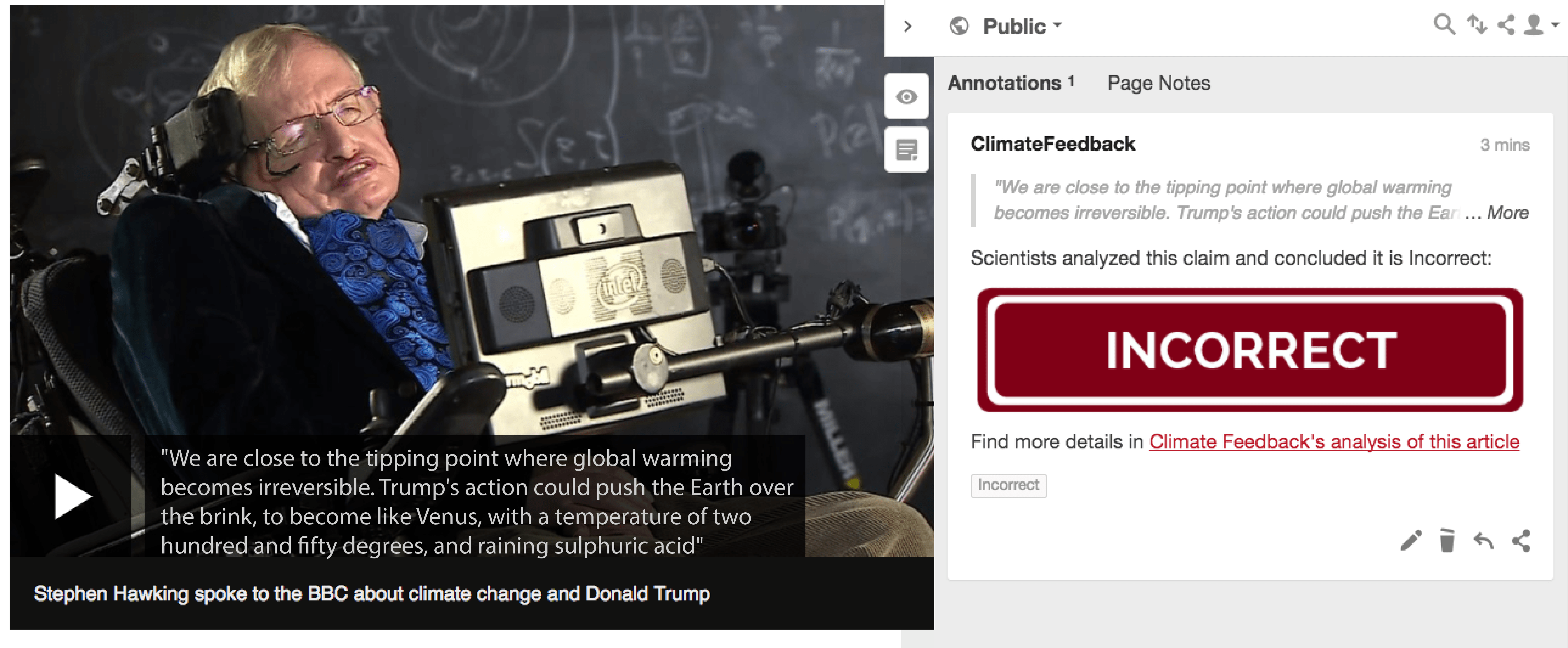
Earth is not at risk of becoming a hothouse like Venus, as Stephen Hawking claimed
Claim:
Trump's action could push the Earth over the brink, to become like Venus, with a temperature of two hundred and fifty degrees, and raining sulphuric acid.

Claim:
Trump's action could push the Earth over the brink, to become like Venus, with a temperature of two hundred and fifty degrees, and raining sulphuric acid.
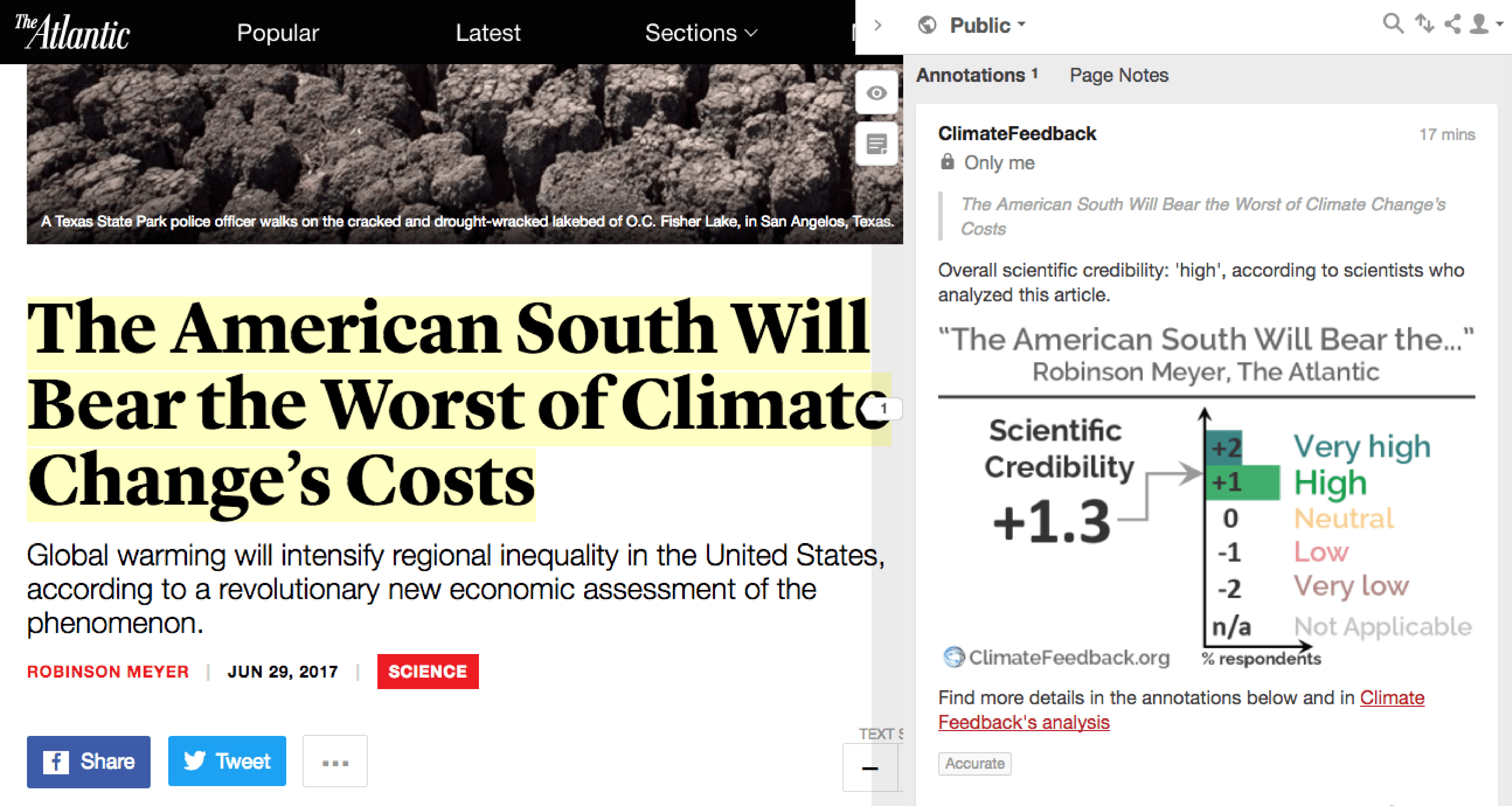
This story in The Atlantic by Robinson Meyer describes a new study on the distribution of economic impacts that result from continued climate change in the United States. The study finds that the impacts would not be uniform throughout the country, but would reduce GDP to a greater degree in southern states, for example, while the northernmost states could experience net economic benefits from warmer temperatures.
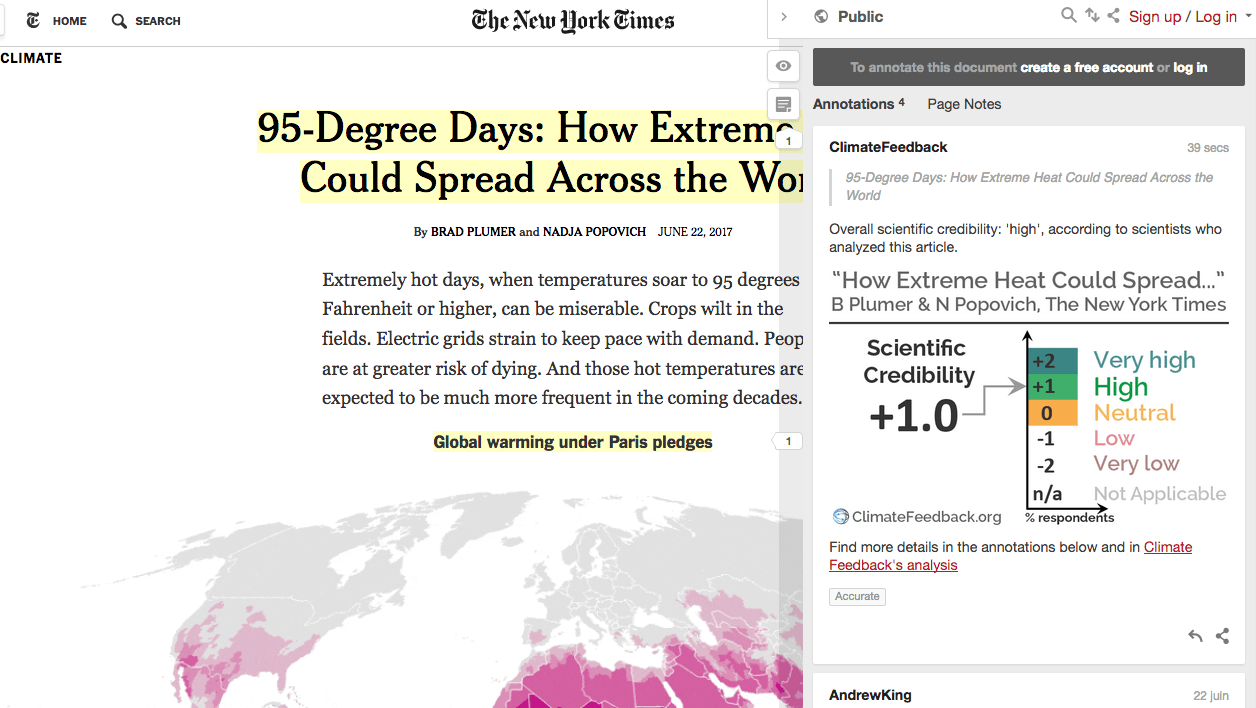
“The study’s claims all appear to be based on sound, peer-reviewed research. The claims are in line with longstanding predictions and are not cherry-picked or unrepresentative, although there are uncertainties as always in any prediction.”
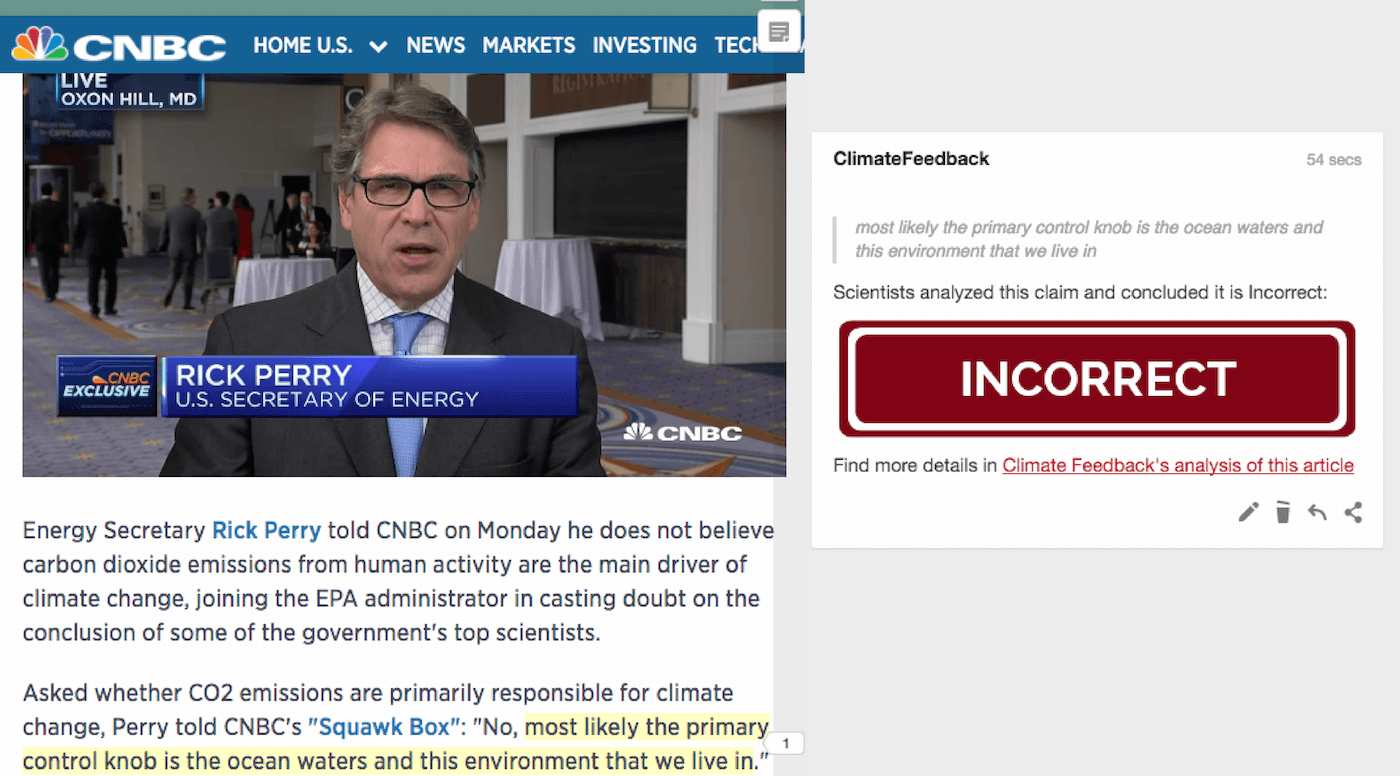
Claim:
Most likely the primary control knob [on climate change] is the ocean waters and this environment that we live in.
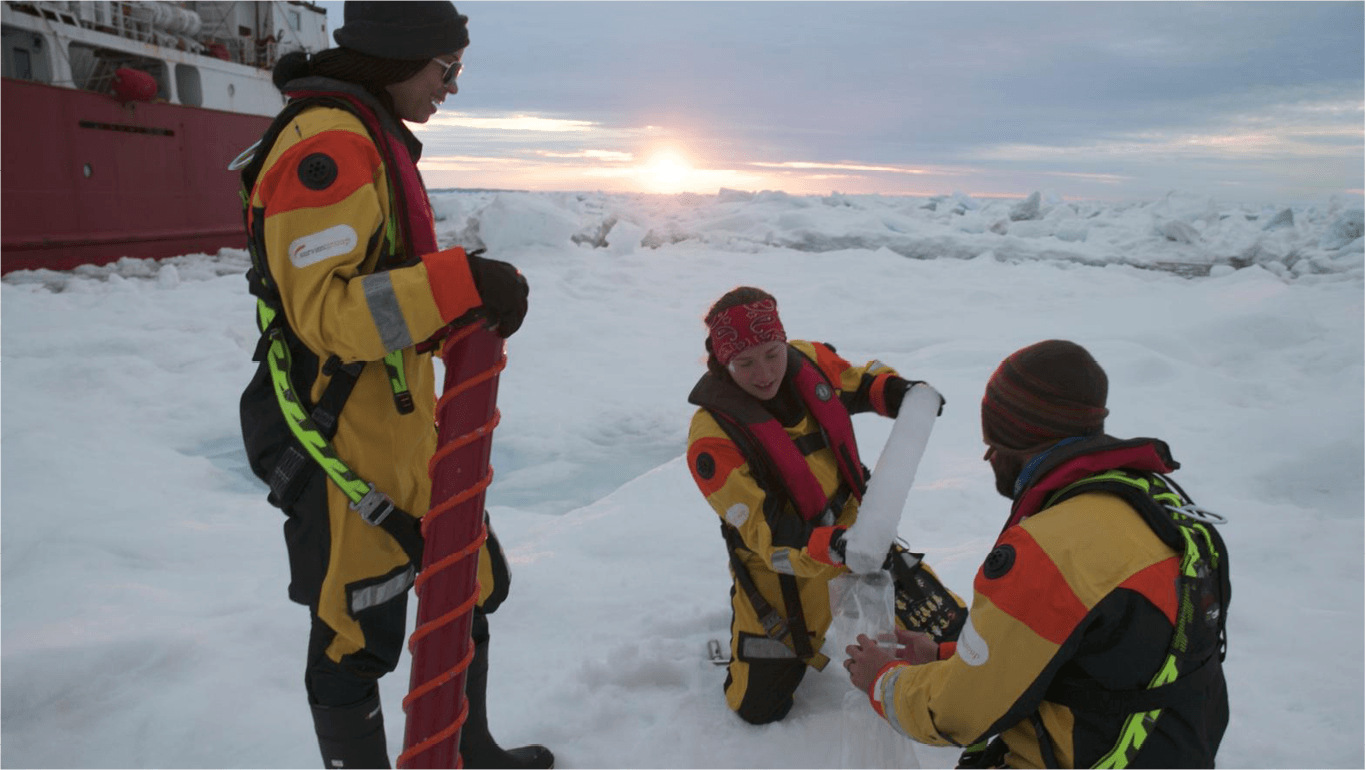
The simple fact that baffles Breitbart author: global warming doesn’t mean that every square inch of ice has already melted.

Claim:
'Global warming' is a myth — so say 80 graphs from 58 peer-reviewed scientific papers published in 2017.
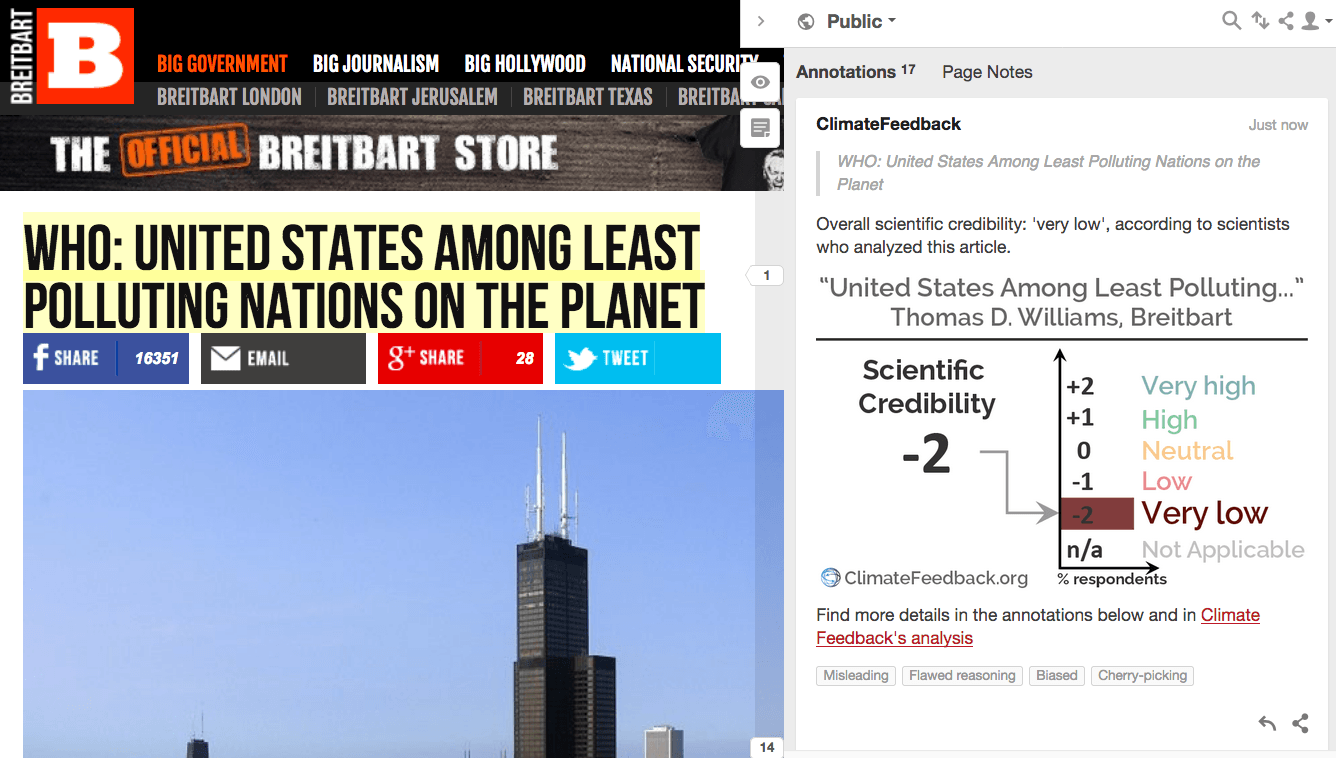
“This whole post is based on semantics and basically one big strawman fallacy. The author is deliberately confusing air pollution from suspended particulate matter (as discussed in the WHO report) with pollution from carbon dioxide emissions (as discussed in the Reuters link and the Paris Agreement). Even though CO2 does not impact our health through “disease-causing pollutants that get into people’s lungs”, it does change our environment and the Earth’s climate, and in that sense does classify as a pollutant.”

The reviewers explain that this report fails to represent our best understanding of the expected impacts of the Paris Agreement. The report only assessed the costs of climate actions, excluding the benefits of avoided climate change and of renewable sources of energy. It also makes a number of important assumptions that lead to extreme estimates of the economic costs.
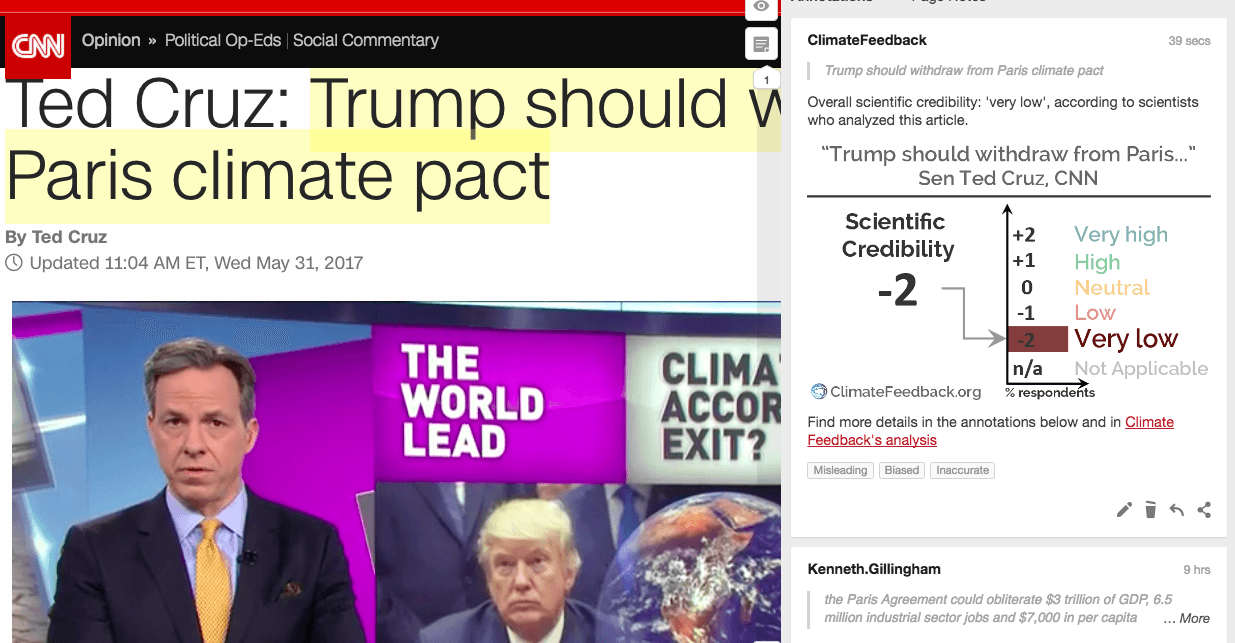
Sen. Cruz’s article cites a single report that assessed only the costs of climate actions, relying on a series of assumptions that maximized those estimated costs, and that excluded the benefits of avoided climate change and of renewable sources of energy.

Claim:
Neither the rate nor the magnitude of the reported late twentieth century surface warming (1979–2000) lay outside normal natural variability.